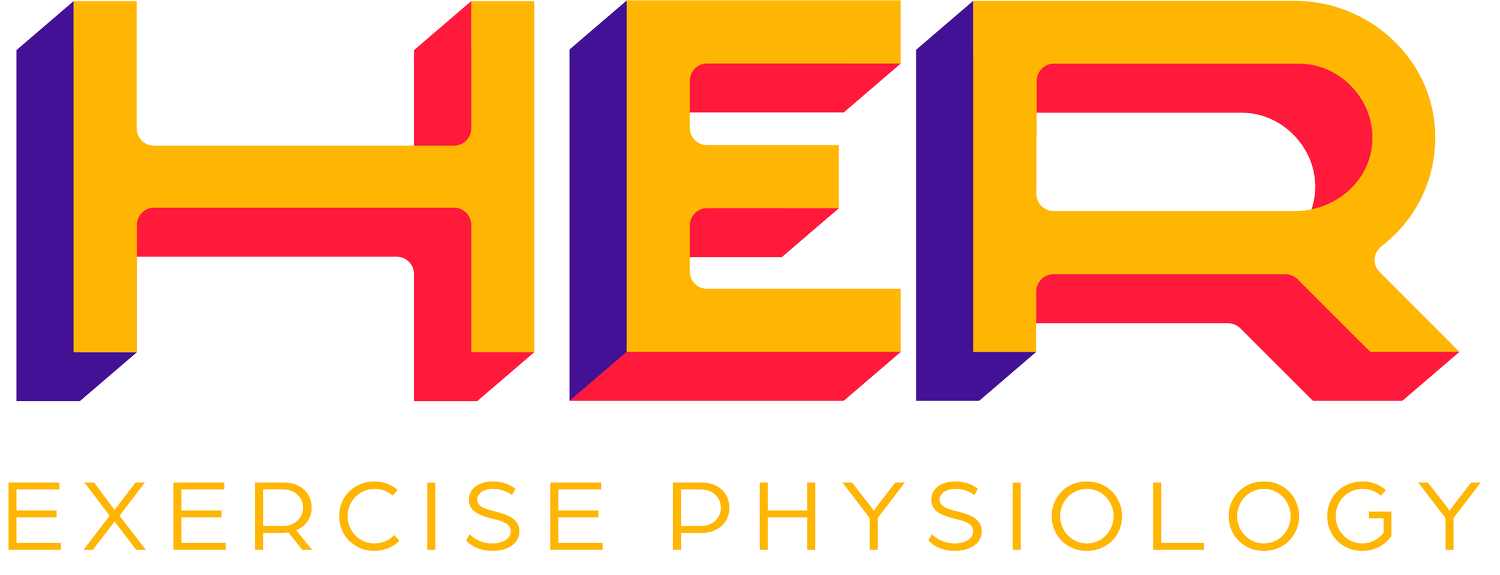How Exercise Impacts Fertility: Insights for Women Trying to Conceive, PCOS, and IVF
How Exercise Affects Fertility: What the Research Says
If you’re trying to conceive or undergoing fertility treatments, you’ve probably wondered about exercise. Can it boost fertility? Could it interfere? Recent research sheds light on how physical activity impacts fertility for different groups of women, and the findings are fascinating.
Exercise and Fertility in Healthy Women
For women who are otherwise healthy and trying to conceive naturally, the research reveals a mixed picture:
Vigorous Exercise and Fertility: High-intensity workouts, like running, can sometimes disrupt ovulation and hormone levels if your calorie intake doesn’t match the energy you’re burning. For example, runners were found to have lower progesterone levels and more menstrual cycle abnormalities than less active women.
The Role of Energy Balance: Studies found that energy deficits—where you burn more calories than you consume—are linked to ovulatory problems and luteal phase defects (issues with the second half of your cycle).
Moderation Is Key: Moderate exercise, like walking or light strength training, has the opposite effect, increasing the odds of pregnancy by improving overall health. Just two hours a week of moderate activity can boost fertility by 15%.
Key Tip for Healthy Women: If you enjoy vigorous workouts, make sure to eat enough to offset what you burn. Alternatively, consider replacing some intense sessions with moderate ones to support your body’s natural cycle.
Exercise and Fertility in Women with PCOS
For women with polycystic ovary syndrome (PCOS), exercise is an incredibly powerful tool:
Fertility Benefits: As little as 30 minutes of vigorous exercise per week can significantly improve ovulation and conception rates. Resistance training and aerobic exercise both help regulate hormones linked to fertility.
Hormonal Effects: Resistance training, in particular, lowers androgen levels (hormones like testosterone) and improves insulin resistance—key factors in managing PCOS symptoms.
Consistency Is Critical: Studies show that long-term exercise habits (50+ hours of moderate-to-vigorous activity) bring the greatest benefits, particularly for reproductive health.
Key Tip for Women with PCOS: Strength training and regular aerobic exercise can improve your fertility even without weight loss. Consistency over time is crucial for maximizing these benefits.
Exercise and IVF
For women undergoing in-vitro fertilization (IVF), the research offers reassuring news:
Exercise Is Safe: Physical activity—regardless of duration or intensity—does not negatively affect IVF outcomes. Some studies even suggest it may provide benefits for overall health during the process.
Why It’s Different: Since IVF medications regulate ovulation, the potential downsides of vigorous exercise (like those seen in natural cycles) don’t apply.
Mental Health Boost: Exercise can help manage the stress and emotional toll of fertility treatments, adding another layer of support.
Key Tip for Women in IVF: Keep moving! Regular exercise can improve mental and physical health without compromising your fertility outcomes.
Gaps in Research
One area where we still need more research is the impact of exercise on women with endometriosis, a condition that affects many trying to conceive. While we know exercise benefits general health, we don’t yet understand its specific role in managing endometriosis-related fertility challenges.
How to Apply This Research to Your Journey
Here are some practical takeaways for incorporating exercise into your fertility journey:
Balance Intensity and Recovery: High-intensity workouts are fine, but only if your body is fueled properly. Otherwise, focus on moderate activities like walking or yoga.
Emphasize Consistency: Especially for women with PCOS, long-term habits yield the best results.
Customize Your Approach: Each person’s fertility journey is unique. Tailor your exercise routine to your needs and consult a healthcare professional if unsure.
Focus on Overall Health: Exercise benefits your mind and body, which can positively influence your fertility.
By understanding how different types of exercise affect your body, you can make informed choices to support your fertility goals.
This blog is inspired by a mini-review, The Effect of Physical Activity on Fertility, which delves deeper into the science. If you’re interested, check out the full paper here.
If you would like to discuss your personal exercise routine and how to design this for your fertility we offer an Fertility Health Consultation. Click here to book and let’s get you moving in the best way to support your reproductive health

